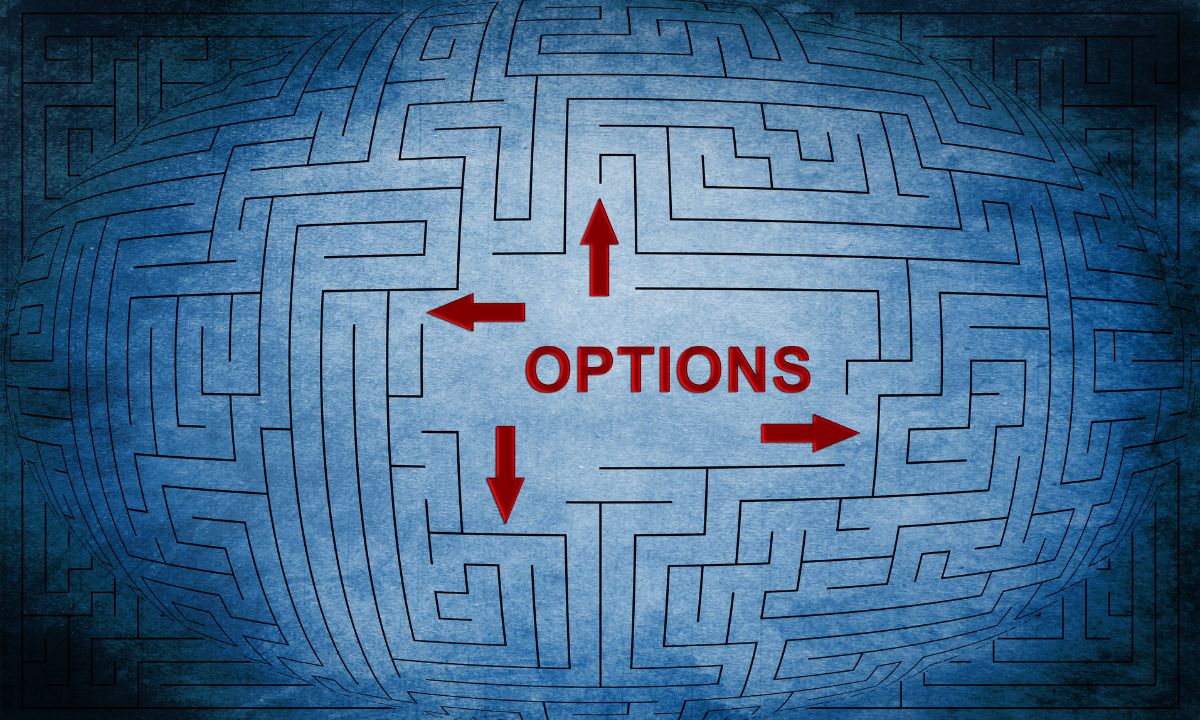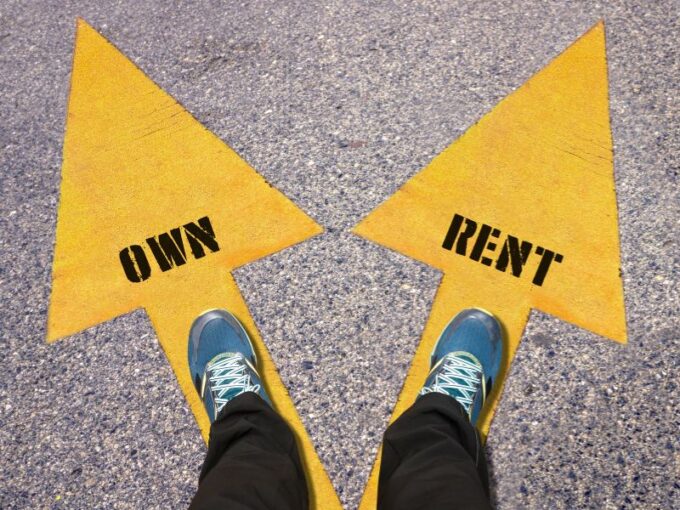 Embarking on the journey of homeownership is an exciting and significant step in one’s life. One crucial aspect of this process is the down payment, which can greatly influence the terms of your mortgage. In this blog, we will delve into various down payment options and examine how they can impact your mortgage terms.
Embarking on the journey of homeownership is an exciting and significant step in one’s life. One crucial aspect of this process is the down payment, which can greatly influence the terms of your mortgage. In this blog, we will delve into various down payment options and examine how they can impact your mortgage terms.
Understanding Down Payments: A down payment is a lump sum payment made upfront when purchasing a home. The standard down payment is often 20% of the home’s purchase price. However, many homebuyers may find it challenging to accumulate such a substantial amount. Thankfully, there are alternative down payment options that cater to different financial situations.
Traditional 20% Down Payment: The traditional down payment of 20% is widely considered the gold standard. By putting down 20%, you may avoid private mortgage insurance (PMI), which is an additional cost for those who put down less than 20%. A higher down payment can also result in a lower interest rate, reducing the overall cost of your mortgage.
FHA Loans (3.5% Down Payment):
The Federal Housing Administration (FHA) offers loans with a down payment as low as 3.5%. This option is particularly beneficial for first-time homebuyers or those with a limited budget. Keep in mind that with a lower down payment comes the requirement for mortgage insurance throughout the life of the loan.
VA Loans (0% Down Payment): Veterans and active-duty military personnel may qualify for VA loans, which often require no down payment. This can be a significant advantage, allowing those who have served our country to become homeowners without the immediate burden of a down payment.
USDA Loans (0% Down Payment in Eligible Rural Areas): The U.S. Department of Agriculture (USDA) offers loans with no down payment for eligible homebuyers in rural areas. These loans aim to promote homeownership in areas that may otherwise face economic challenges.
Impact on Mortgage Terms: The amount you put down upfront can have a substantial impact on your mortgage terms. Let’s explore how different down payment options influence key aspects of your mortgage:
Interest Rates: Generally, a higher down payment can lead to lower interest rates. Lenders often view a larger down payment as a sign of financial stability, reducing the risk associated with the loan.
Loan Duration: The size of your down payment can affect the length of your loan. A larger down payment may provide you with the flexibility to choose a shorter loan term, potentially saving you money on interest in the long run.
Monthly Payments: A larger down payment typically results in lower monthly mortgage payments. This can enhance your financial security and make homeownership more sustainable.
Private Mortgage Insurance (PMI): If your down payment is less than 20%, you may be required to pay PMI. This additional cost can significantly impact your monthly payments, making it essential to weigh the benefits of a lower down payment against the long-term cost of PMI.
Selecting the right down payment option is a crucial decision in the homebuying process. By exploring various choices and understanding their impact on mortgage terms, you can make an informed decision that aligns with your financial goals and circumstances. Whether you opt for a traditional 20% down payment, an FHA loan, a VA loan, or a USDA loan, each option has its advantages and considerations. Take the time to assess your financial situation and consult with a mortgage professional to determine the down payment strategy that best suits your path to homeownership.
 Going from renting to owning a home can be a significant financial and personal milestone, but it requires careful planning and preparation. Here are some steps to take to make the transition from renting to owning:
Going from renting to owning a home can be a significant financial and personal milestone, but it requires careful planning and preparation. Here are some steps to take to make the transition from renting to owning: